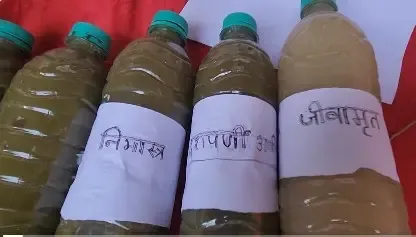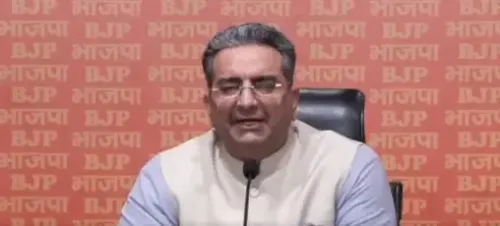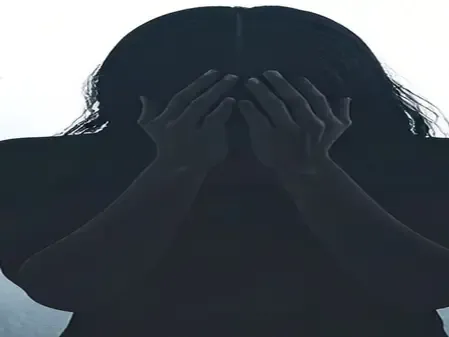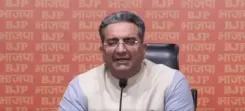Will Justice Yashwant Varma Face Criminal Charges for Burnt Cash?
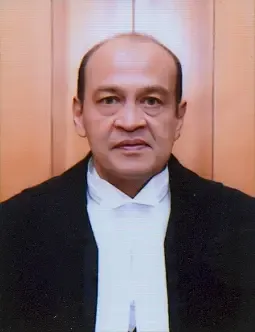
Synopsis
Key Takeaways
- Supreme Court denies urgent hearing
- Justice Varma linked to burnt cash
- Serious allegations of corruption
- Call for thorough investigations
- Judicial accountability under scrutiny
In New Delhi, on May 14 (NationPress), the Supreme Court has refused to expedite a hearing on the petition seeking the criminal prosecution of Justice Yashwant Varma. This case is tied to the alleged discovery of a significant amount of burnt cash in the storeroom of his bungalow in the national capital, which came to light after the fire brigade responded to a fire on March 14.
Rejecting the request for immediate attention, a bench comprising CJI B.R. Gavai and AG Masih instructed advocate Mathews J. Nedumpara, the lead petitioner, to adhere to the “mentioning procedure.” This entails sending an email to the Supreme Court registry for the urgent listing of the petition. The petition asserts that if Justice Varma has indeed accumulated wealth through corrupt means, mere impeachment would not suffice and demands his criminal prosecution.
“This incident represents a serious violation of public justice. When a judge, tasked with upholding justice, becomes the accused, the severity of the offense increases, necessitating appropriate punishment. It is crucial that criminal proceedings are initiated, a thorough investigation is conducted, and the identities of those involved in bribery and the context of the case are revealed,” stated the petition filed by Nedumpara and others.
The petition further emphasizes that the significant volumes of money involved, which were burnt and clandestinely handled, are indicative of bribery and corruption—crimes punishable under the Bharatiya Nyaya Sanhita (BNS) and the Prevention of Corruption Act. The petition questions the lack of an official explanation regarding the absence of an FIR and the failure to initiate criminal proceedings, which would have included seizing evidence and arresting suspects.
Earlier, in the last week of March, a bench led by Justices Abhay S. Oka and Ujjal Bhuyan dismissed another plea from the same petitioner, urging the Delhi Police to file an FIR and conduct a thorough investigation into the cash recovery allegations. “An ongoing in-house inquiry is underway. If the findings suggest wrongdoing, an FIR may be prompted, or the matter could be escalated to Parliament. This is not the appropriate time to deliberate on the FIR registration,” remarked the Justice Oka-led bench.
The petition also criticized the delay in registering an FIR on the day the unaccounted cash was discovered, suggesting that the authorities' failure to release electronic records points to a potential cover-up. Following the shocking discovery of cash, which stirred controversy within the judicial community, former CJI Sanjiv Khanna established a three-member committee to investigate Justice Varma.
During the ongoing inquiry, Justice Varma was reassigned from the Delhi High Court to the Allahabad High Court. The Supreme Court Collegium had previously recommended that the Centre return Justice Varma to the Allahabad High Court. Last week, the former CJI Khanna submitted the committee's report to the President and Prime Minister.
“The Chief Justice of India has, in accordance with the In-House Procedure, communicated with the honorable President and Prime Minister of India, providing a copy of the three-member committee report dated 03.05.2025 alongside the response from Mr. Justice Yashwant Varma dated 06.05.2025,” stated a press release from the Supreme Court on May 8.


